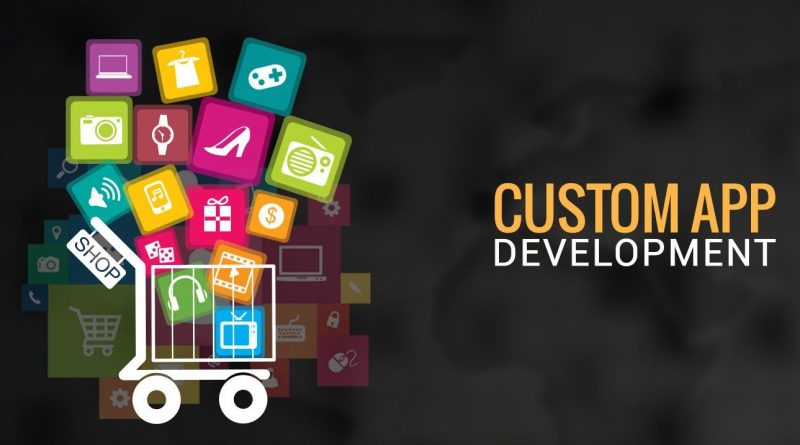

Globally, there is a revolution going on. Every old business is moving online and every new business has an online presence from the inception. As an upshot, the mobile app industry has seen significant growth in the last few years. As of the first quarter of 2019, there were 2.6 million android apps and 2.2 million iOS apps are available online to download. But if we flip the picture, we can see the not so exciting state of mobile apps. More than 80-90 percent of mobile apps fail to establish a strong user base. Well, there are a lot of reasons behind it. But probably, the main reason why a mobile app fails to attract a decent number of users is the wrongly chosen mobile app development approach.
7 years ago, when I started the mobile app development company, we used to follow the very straightforward process – a startup approaches us, we understand their requirements, give them the quotation and start development. Since only business-ready and potential entrepreneurs were jumping into the online ecosystem and earning well out of the untouched market, they always agreed to pay high for the app. But soon, the market started intensifying and early-stage startups started struggling to earn enough which covers their app development cost. As a result, the whole startup ecosystem was dying. However, many app development companies emerged as a ray of hope by introducing many mobile app development approaches that give flexibility to startups.
So, mobile app development approaches are nothing but the ways of developing mobile apps for different startups having different budgets, requirements and time windows. The underlying purpose of having many app development approaches is to meet the requirements of all individual startups. Currently, there are two very popular mobile app development approaches available in the IT industry. One is custom app development and the second is app white labeling. We’ll compare both approaches, but before that, we have to discuss the significance of choosing the right app development approach.
App features, app deployment time and app development cost are the 3 main concerns of any startup. And every startup has different priorities for each of these concerns. For instance, a startup having a decent capital fund and original idea can ask for a custom app and pay more for it. While a startup struggling to raise funds and having no novelty in the business idea can’t afford to pay more for the app development.
If we think the same in the broader term, a ‘wealthy’ startup can opt for a custom app that comes costly but offers all custom and unique features. Whereas, a ‘poor’ startup can only opt for app white labeling which comes at the pocket-friendly price and offers only common app features.
Specifically, in the IT industry, a white-label solution is considered as the re-branded version of the original app. For instance, if a mobile app development company develops apps for the trending app categories like Uber-like app, on-demand apps, and e-scooter app and gives the same developed app with minor UI changes and the logos of startups to all startups who wish to have the same kind of app, the apps they provide is called white label app.
As the name suggests, when a mobile app development company allocates its resources to develop an app only for a single startup in order to achieve custom requirements, that approach is called custom app development. Custom app development is the most preferred approach of the medium-large scale startups as they are having a unique business idea that can only be implemented with the app having unique features.
So, now when you know the definition of the custom app development and white label app solution, let’s discuss the benefits both approaches are providing.
Following is the very detailed comparison between these two approaches on the fundamental criterias.
For a startup, cost matters the most and thus, it is topping our list.
App development time matters as the late deployment of the app in the market can sometimes make your app second choice of users!
No matter how futuristic features you offer to your users, if there are bugs in those features, users will soon alter their choice.
While inception, you don’t need an app that manages high traffic. But when your app becomes popular, you’ll need an app that accommodates many users at once.
If you are an early-stage startup, your business idea is lacking novelty, you have fewer funds and time, you have to go for a white label solution. And if you are having a great business idea, has enough funds and time, you should go for custom app development. It is as easy as this!
About the Author:
Vishal Virani is a Founder and CEO of Coruscate Solutions, which offers a whitee-scooter platform. He enjoys writing about the vital role of mobile apps for different industries, custom web development, and the latest technology trends.
In the modern business landscape, maintaining robust connectivity across devices and equipment provides invaluable visibility…
It is normal to think of dark web monitoring from the perspective of the company…
The Evolution of Inventory Tracking RFID inventory management software is transforming how businesses track, manage,…
The Unexpected Costs of Unprotected Windshields Polaris Ranger windshields protection is more than just a…
Probably one of the best things people do to secure their finances is the purchase…
The iPhone 15 is still a great buy Released in 2023, the iPhone 15 brought…